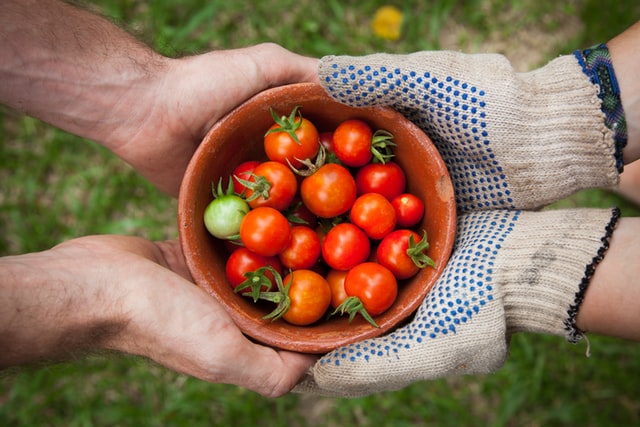
I was on a call with someone not from our church, and the wife of this man was in the car. She said, “What’s your Pastor’s perspective on what’s going on in Ukraine?”
I replied jokingly, “You don’t want my geo-political analysis or thoughts on the military tactics of the respective armies?”
She insisted that she wanted to hear my “Pastor” thoughts, so here’s the substance of what I came up with.
First, there are people who are hurting. A lot of innocent people are getting killed, injured, and displaced because of this war. Our church decided to take up an offering for our denomination’s efforts to help these people. If you want to do so, you can go here.
Second, it is legitimate to fight in defense of one’s homeland. Christian thought through the ages has tried to work out a “just war theory” in light of Scripture and reason. This is clearly one of those instances.
Our own leaders need great wisdom on how to help these efforts without escalating things unnecessarily. The Bible recommends that we raise “petitions, prayers, intercession and thanksgiving be made for all people—for kings and all those in authority . . .” We need to pray for the leaders of all the countries involved that they will have wisdom and act justly.
Third, as Reinhold Niebuhr put it, we should be “in the battle and above it.” We have to fight battles in this world and so have to be “in the battle.” However, we also sometimes need to be “above the battle.” This means, we recognize our common need for grace and forgiveness on all sides, the imperfection of even the most just causes, and the sense of tragedy that we are taken up in these sorts of things at all. Such crises require a humble boldness.
Fourth, we recognize that God is in control. Nations have fought and battled before, but God will always have the last word. God says, “Be still, and know that I am God; I will be exalted among the nations, I will be exalted in the earth.” As a result, we can declare with confidence, “The Lord Almighty is with us; the God of Jacob is our fortress” (Psalm 46:10–11). We need to process our anxiety over these events before the Lord so that we may find the peace He has for us even in the most difficult situations.
Fifth, we look forward to the day when wars will cease and all these things will come to an end. I am preaching this week on Jesus’ arrest. When Jesus was arrested, the disciples asked, “Shall we strike with our swords?” Then, one of them cut the high priest’s servant’s ear. Jesus told them to stop, and he touched the servant’s ear and healed it. This reminded me that though people strike with swords and cause real damage, Jesus will come with His touch to heal. This is a promise for this world and the world to come.
_________
Photo by Gleb Albovsky on Unsplash




